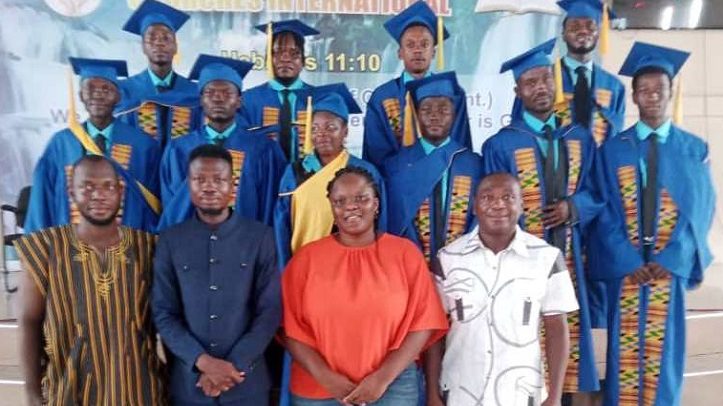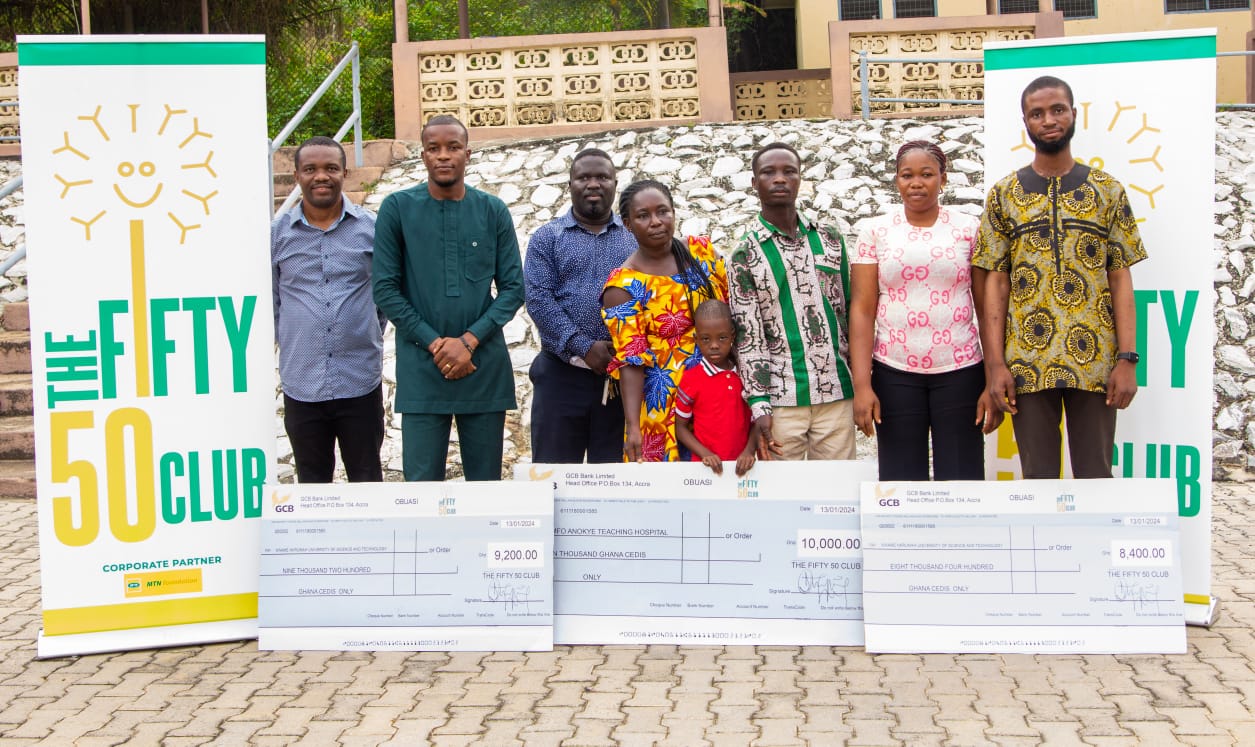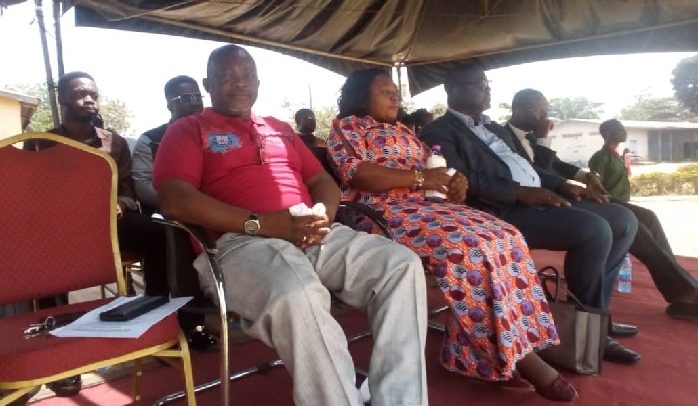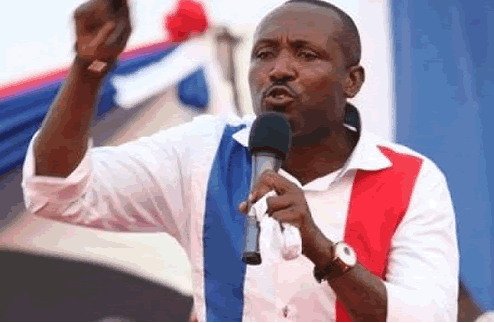
The two has signed a Memorandum of Understanding to that effect and the project, which involved testing of waste samples, will last for three years.
The testing of the waste samples was necessary as these tend to be the easily accessible channels for the polio virus to spread.
Dr Kofi Bonney, the Senior Research Fellow at NMIMR, signed for the Institute while Ms Theresa Osei Tutu, Chairperson of the GNPPC, Rotary International, signed for the Rotary Club.
The project will also conduct nationwide sewerage sample collection at specific periods from fixed sewerage points by the grab method.
Aside the project, the GNPPC will also give the Institute protective work cloths and equipment, including wellington boots, disposable and non-disposable gloves and disinfectants for the next three years.
Ms Osei Tutu said at Rotary International, they believed that surveillance was the way forward, hence their decision to support the Institute to conduct research to assist countries around the sub-region to curb the disease.
She announced that Rotary International would train staff of the Biology Laboratory during the period and the Accra Legon Chapter would oversee the activities to ensure good reporting.
Since 2008, Ghana has not reported any polio case and has been declared Polio-Free.
Mr Jeffrey Afful, District Governor, Rotary International District 9102, said Rotary had been at the forefront of polio eradication since 1979.
He said since August 2016, Nigeria had not recorded any polio case and commended the NMIMR for its continuous efforts to eradicate the disease in the sub-region.
Ms Valentina Kumadey, the President of Rotary Club, Accra Legon, said at the end of the project, it is expected that they would provide additional evidence whether or not wild poliovirus had been eliminated in the country adding that the enteroviruses circulating in the sewage system would be detected.
She said though Ghana had not recorded a case in 10 years and Nigeria had also not seen wild polio since August 2016, several concerns and challenges remained in Afghanistan and Pakistan, who had still not been able to interrupt circulation of indigenous wild polio virus.
'As the Global Polio Eradication Initiative moves towards achieving the goal of polio eradication, environmental surveillance, which investigates sewage or wastewater, plays a major role in providing evidence for certification of polio-free status.
'Many countries in the region have added Environmental Surveillance to Acute Flaccid Paralysis but Ghana is yet to be added to the list,' she added.
Dr Bonney, who earlier took the Rotarians through their work at the Laboratory, thanked them for the gesture and assured them of their readiness to achieve results. Read Full Story



















Facebook
Twitter
Pinterest
Instagram
Google+
YouTube
LinkedIn
RSS